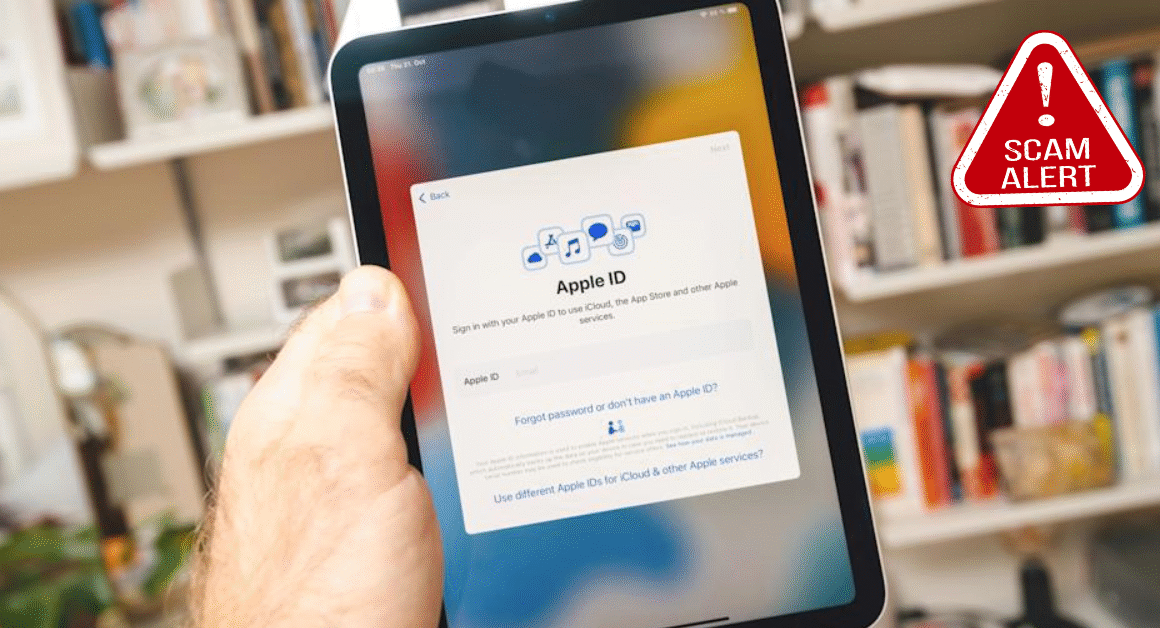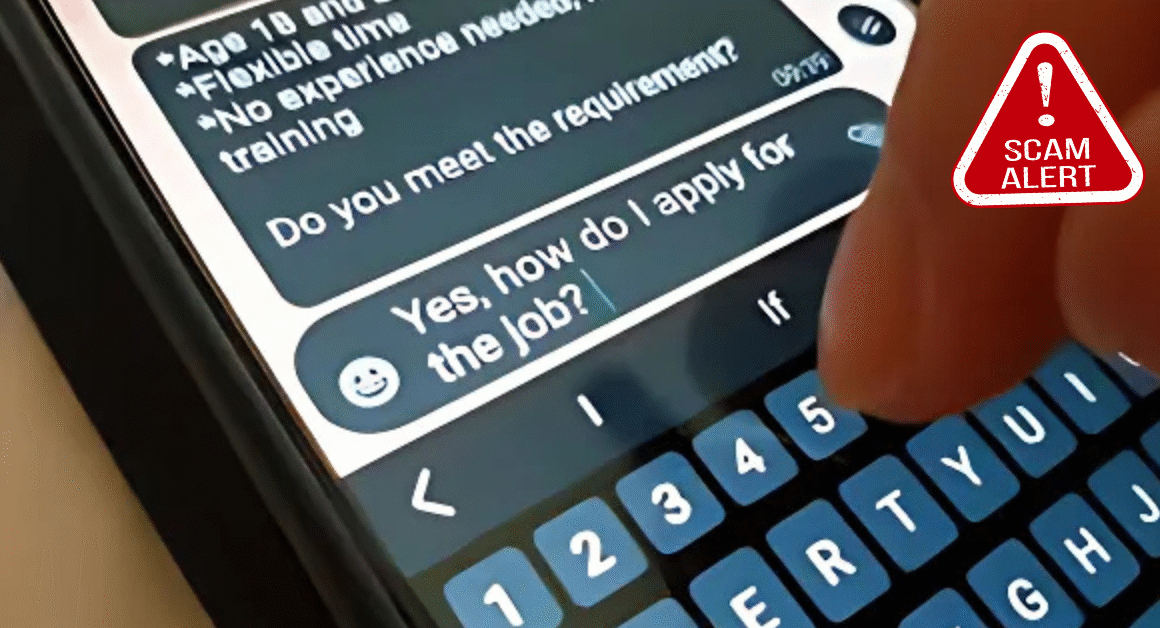Phishing scams continue to evolve, using more creative and emotionally driven tactics to trick people into sharing sensitive information. The latest scam targets victims by sending fake invitations to emotional events like weddings, funerals, or birthday parties. These invitations often look convincing and urge recipients to respond quickly, making it easier for scammers to steal personal details or login credentials.
This scam highlights the importance of staying alert, especially when receiving unexpected invitations via email or social media. With the rise of online communication, it’s crucial to know how to spot suspicious messages and protect yourself. In this article, we will explain how this scam works, share tips for staying safe, and provide reliable resources to help you stay informed.
How the Scam Works
Attackers create fake event invitations that appear to come from friends, family members, or even well-known organizations. These invitations can be sent through email, messaging apps, or social media platforms. The scam usually involves a link to RSVP or view more details about the event. Once clicked, this link may lead to a fake website designed to capture your login information, credit card numbers, or other private data.
What makes this scam particularly dangerous is its emotional appeal. Scammers exploit the urgency and curiosity around special events, prompting victims to act quickly without thinking twice. According to FTC guidelines, phishing attacks often rely on creating a sense of panic or excitement to trick users into clicking harmful links.
Signs You Might Be a Target
Not all event invitations are genuine, and a few telltale signs can help you identify scams. Be cautious if you receive an unexpected invitation from someone you barely know or if the message contains urgent instructions to respond quickly. Misspelled email addresses, poor grammar, and generic greetings like “Dear Friend” are common red flags.
Another warning is when the event details seem unusual or inconsistent, such as strange dates, locations, or times. Always verify the invitation by contacting the sender through a separate communication method, like a phone call or a personal message on a trusted platform. The Phishing.org website offers more tips on recognizing suspicious messages.
Steps to Protect Yourself from This Scam
Protecting yourself from phishing scams requires a mix of caution and practical actions. First, never click on links or download attachments from unknown or untrusted sources. Use strong, unique passwords for your online accounts and enable two-factor authentication whenever possible. This additional security layer makes it harder for hackers to access your data, even if they get your password.
Stay informed about the latest scams by following updates from cybersecurity organizations and government agencies. For instance, the Indian Computer Emergency Response Team (CERT-In) regularly posts alerts about emerging cyber threats and safety tips for internet users. Remember to keep your devices and software updated to reduce vulnerabilities.
What to Do if You Receive a Suspicious Invitation
If you suspect an invitation might be a phishing attempt, avoid interacting with it. Do not reply, click on links, or download any files attached to the message. Instead, report the suspicious email or message to your email provider or the platform where you received it. You can also report phishing attempts to CERT-In or other relevant authorities in your country.
Backing up your important data regularly is a smart habit in case your device gets compromised. If you accidentally click a suspicious link, immediately change your passwords and monitor your accounts for unusual activity. Quick action can prevent further damage and protect your personal information.
Conclusion
Phishing scams targeting emotional event invitations show how scammers exploit our feelings and relationships to steal sensitive information. By learning to recognize the signs of phishing and practicing safe online habits, you can avoid becoming a victim. Always double-check unexpected invitations and stay updated with advice from trusted sources like the Federal Trade Commission and CERT-In.
In today’s digital world, staying cautious and informed is the best defense against cyber threats. Protect your personal information by staying alert, verifying messages before reacting, and using strong security measures on your devices. Sharing this knowledge with friends and family can help create a safer online environment for everyone.













